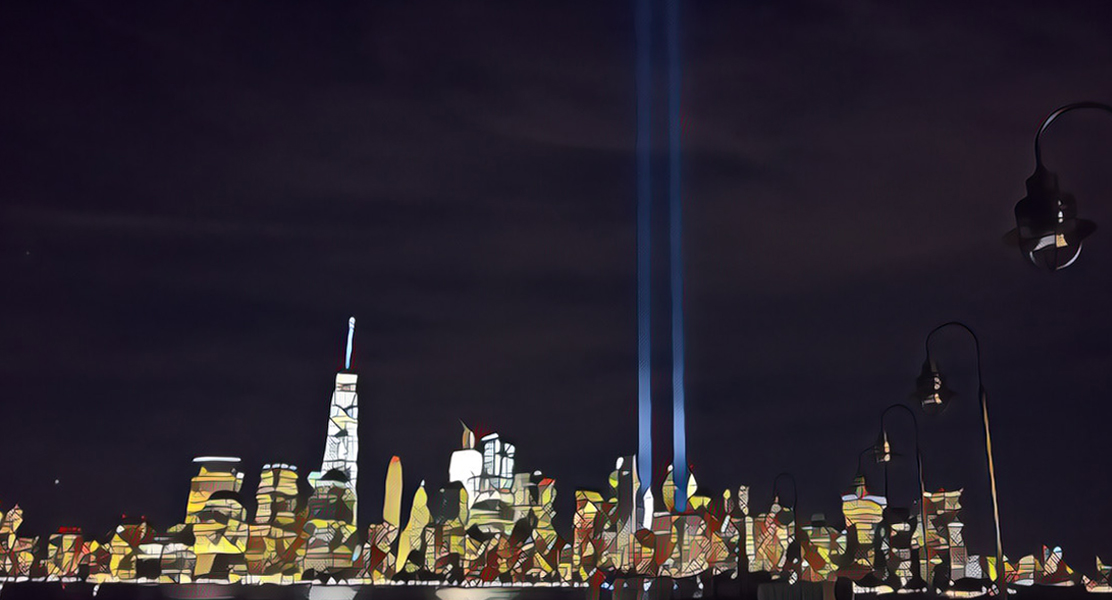September 11 anniversary spurs reflection, regret on legacy of animus toward American Muslims

As we mark the 20th anniversary of the terrorist attacks of September 11, 2001, among the legacies being remembered is the disturbing rise in anti-Muslim hostility here in the United States that followed that tragic day. Simply put, too many Americans, looking for someone or something to blame in their grief and anger, pointed the finger at Islam.
An Associated Press report adds this perspective:
[Y]oung American Muslims have grown up under the shadow of 9/11. Many have faced hostility and surveillance, mistrust and suspicion, questions about their Muslim faith and doubts over their Americanness.
They’ve also found ways forward, ways to fight back against bias, to organize, to craft nuanced personal narratives about their identities. In the process, they’ve built bridges, challenged stereotypes and carved out new spaces for themselves.
The discrimination and animus faced by Muslims in the aftermath of 9/11 took many forms, including high profile attempts to deny construction permits for mosques in many areas of the country, sparking numerous lawsuits. The most visible of these disputes was the 2010 fight over a proposed mosque and Islamic center in New York near the site of Ground Zero.
In a remarkable new opinion piece for CNN, Jonathan Greenblatt, the head of the Anti-Defamation League issued an apology for the stance the ADL took, prior to his tenure, against the proposed location of the project, known as Cordoba House.
Today one can see how the Cordoba House could have helped to heal our country as we nursed the wounds from the horror of 9/11. As we near the 20th anniversary of that tragic day, the need for healing remains. Arguably, it has attained an increased urgency after the tumult of recent years and especially now as we prepare to welcome refugees from Afghanistan, including many who supported our troops and our ideals, and now flee the onslaught of the Taliban. Sadly, rather than heal, we have seen Islamophobia persist in ugly ways.
As the leading anti-hate organization in the US, with experts tracking extremism of all sorts, ADL is committed to help our Muslim allies counter Islamophobia. Indeed, we have been doing so for many decades. And this is exactly why, as a dear Muslim friend told me recently, ADL’s stance on the Cordoba House project was “a punch in the gut to the Muslim community.” I hope that by righting this wrong, we can be better allies in the fight against the rise in anti-Muslim hate that is coming — and it is coming.
Read the whole thing.
Brent Walker, the former executive director of BJC, made a new video for BJC’s archives this year recounting what it was like being at BJC’s offices on 9/11 and how the organization spoke out in the aftermath. He quotes from a joint statement BJC released after 9/11 called “In Defense of Freedom at Times of Crisis.” Joined by a 128 diverse groups, it includes this:
We must have faith in our democratic system and our Constitution, and in our ability to protect at the same time both the freedom and the security of all Americans.
BJC Executive Director Amanda Tyler released a new reflection this week, too, looking at what has transpired in the past 20 years and how important it is to share our stories with each other:
We are sadly familiar with the way that our country has reacted to terror, including the increase in hate crimes and bigotry against our Muslim and Sikh neighbors. The inclination immediately after 9/11 — and in certain periods since — has been an attempt to curtail our civil liberties, including limiting religious freedom in the name of national security.
Our reactions to trauma and tragedy can be divisive, but they can also be unifying.
Meanwhile, the AP report notes that a recent poll indicates that a majority of Americans still, 20 years later, hold unfavorable views of Islam.




